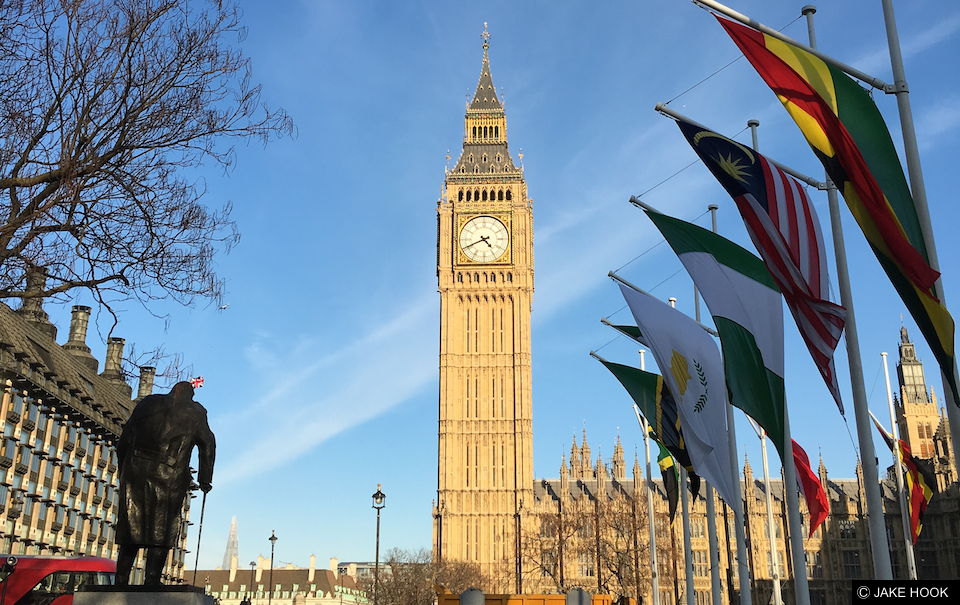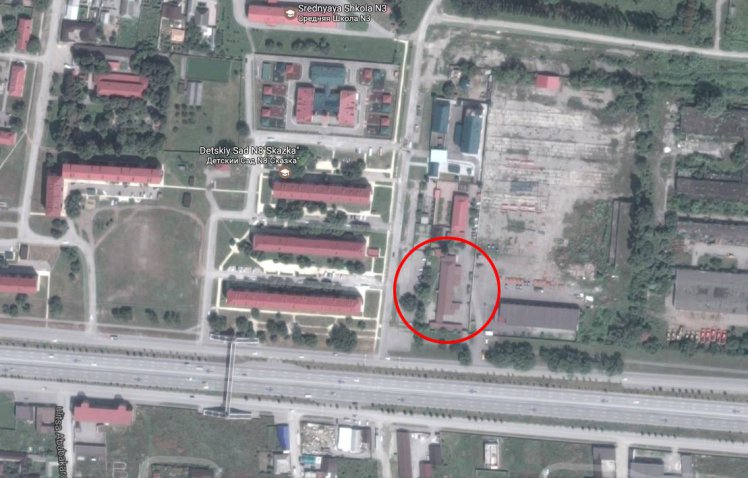The UK’s Foreign office has called on Russia to investigate the mass detention of gay men in Chechnya.
-
Baroness Anelay is “concerned” over reports of 100 men abducted and held against their will.
-
Government condemns any and all persecution UK.
-
Reminds Russia of its international human rights obligations which require them to protect citizens.

As information continues to circulate about the mass rounding up and detaining of gay men in Chechnya, Baroness Anelay has released a statement calling on Russia to investigate the claims.
Baroness Anelay said:
“The detention and ill-treatment of over 100 gay men in Chechnya is extremely concerning. Reports have also suggested that at least three of these men have been killed. The statement by the regional Government, implying that such treatment towards LGBT people is acceptable, is particularly abhorrent. We condemn any and all persecution, and call on the authorities to promptly investigate and ensure that perpetrators of human rights abuses are brought to justice.
“The human rights situation for LGBT people in Russia has deteriorated significantly in recent years and we continue to voice our serious concern with Russian authorities at all levels. Russia’s international human rights obligations require them to protect citizens who may be at risk of persecution. We expect the Russian government to fulfill its obligations to this end, and to uphold the rule of law.”

Today a protest has been organised outside the Russian Embassy to show solidarity with men being held in what some media outlets have called “concentration camps” in Chechnya.
Up to a hundred men, suspected of being gay are being held, against their wills. There have been reports of torture and three killings.
According to a Russian newspaper, Novaya Gazeta, last week, men, suspected of being gay, disappeared overnight in the Russian Republic of Chechnya. A spokesperson for the leader of the Republic denied the reports and claimed that gay people did not exist in the region.
This aggression against gay men reportedly began after an LGBT organisation applied for the rights to march in the capital of Grozny.
